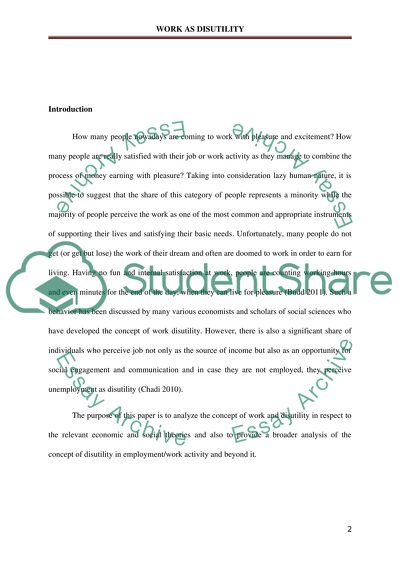Cite this document
(“Work as disutility Essay Example | Topics and Well Written Essays - 2250 words”, n.d.)
Work as disutility Essay Example | Topics and Well Written Essays - 2250 words. Retrieved from https://studentshare.org/sociology/1647982-work-as-disutility
Work as disutility Essay Example | Topics and Well Written Essays - 2250 words. Retrieved from https://studentshare.org/sociology/1647982-work-as-disutility
(Work As Disutility Essay Example | Topics and Well Written Essays - 2250 Words)
Work As Disutility Essay Example | Topics and Well Written Essays - 2250 Words. https://studentshare.org/sociology/1647982-work-as-disutility.
Work As Disutility Essay Example | Topics and Well Written Essays - 2250 Words. https://studentshare.org/sociology/1647982-work-as-disutility.
“Work As Disutility Essay Example | Topics and Well Written Essays - 2250 Words”, n.d. https://studentshare.org/sociology/1647982-work-as-disutility.


